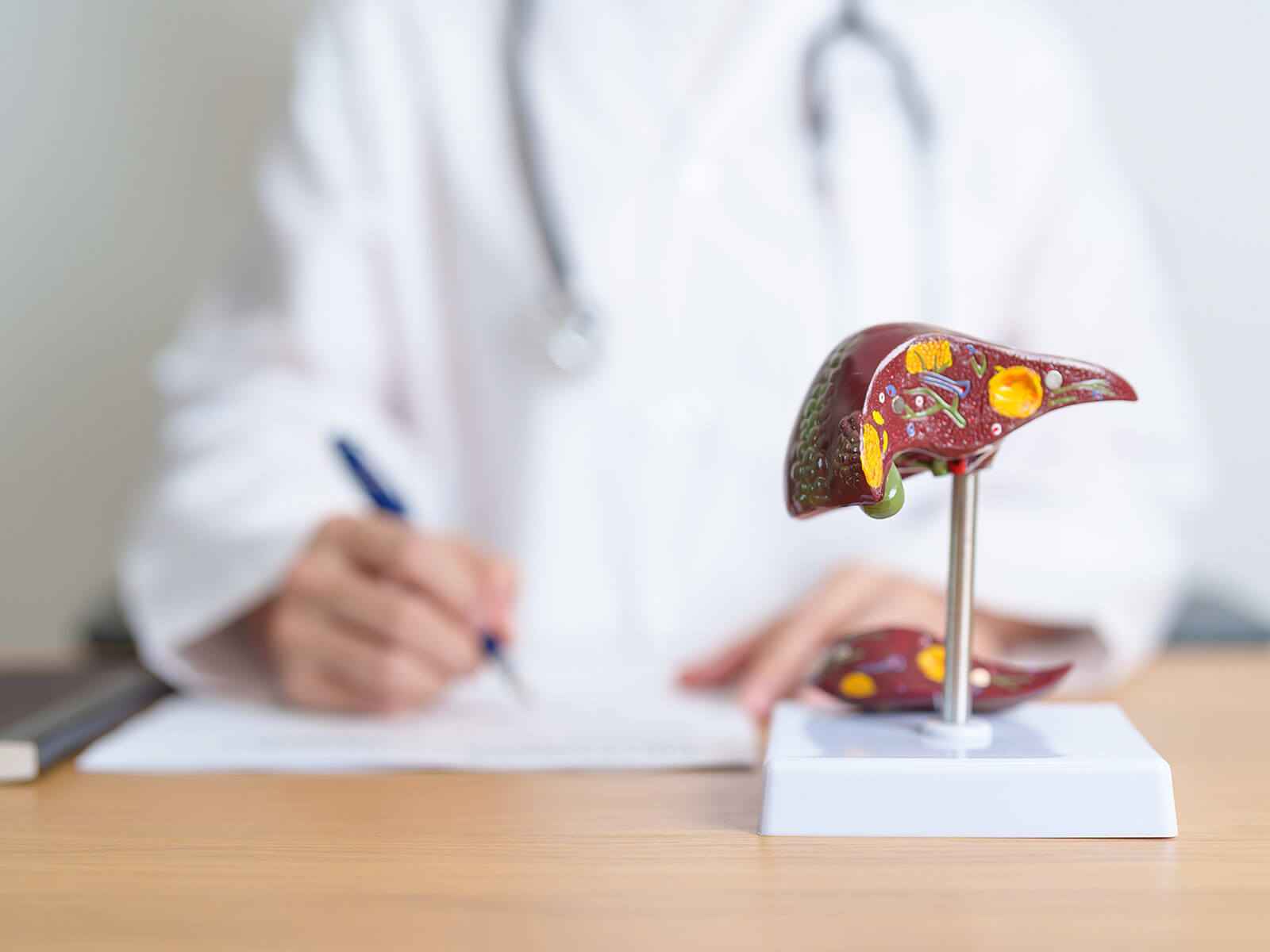
Unspecified Jaundice is the yellowish colour on the skin, eyes or other tissues and the doctors have not managed to even single out a casualty. It is coded as R17 general cases and P59.9 neonatal jaundice unspecified in ICD-10. Further evaluation is required so as to determine the exact cause of high bilirubin.
The patients with the unspecified jaundice normally have:
It may not be evident, but the following factors might be taken into account:
GastroDoxs is a patient centered care and a full-fledged liver and digestive health care provider that provides qualified diagnostics and efficient treatment to patients having unspecified jaundice in Houston. The most recent technology is used by our caring professionals who diagnose the underlying condition, and control your symptoms and get back on your feet. Don't wait reserve your place to day and take the first step upon the basis of improved health with our professional staff.
We've successfully treated more than 1.5K patients, helping individuals improve their digestive health and overall well-being through expert, personalized care.
With over 20 years of experience, GastroDoxs has been a trusted provider of gastroenterology care, focusing on delivering the best outcomes for patients
Unspecified is the fact that your check-up examinations have shown that you have jaundice but the cause has not been determined yet. The etiology may have to be checked through further assessment or by referring to a professional.
Unspecified jaundice is included under R17 in ICD-10 in the case of adults. The P59.9 is used when the neonatal jaundice unspecified is associated with a newborn.
When the stool is pale, urine is dark, skin or eyes are yellowish, then immediately make an appointment with gastroenterologist to rule out critical cases.
Yes. A balanced diet rich in low carb and high in lean proteins, fruits, vegetables and whole grains will put the liver at ease and make the liver healthy overall.
The typical duration of the Phototherapy in neonatal jaundice is 1-3 days according to the bilirubin levels of the baby and the reaction to phototherapy.
Yes. Where there is an imaging or endoscopic visualization of a blockage in the bile duct (i.e., a result of gallstones or strictures) then one can operate with the bile duct using minimally invasive or endoscopic surgery.
Unspecified jaundice can be a sign of severe liver diseases, gallbladder diseases, or blood diseases. The complications are to be prevented by the early diagnosis and treatment.
GastroDoxs referral To be referred to a professional well trained gastroenterologist in Houston that specialises in the diagnosis and treatment of all types of jaundice.
The diagnosis of the cause of jaundice may involve the use of blood tests ( liver function panel), imaging (ultrasound or CT scan) and in some cases the liver biopsy.
Most health insurance programs have the diagnostic testing and the treatment of jaundice. The best measure that can be taken is to verify one or two coverage details with your insurance company and our billing department.